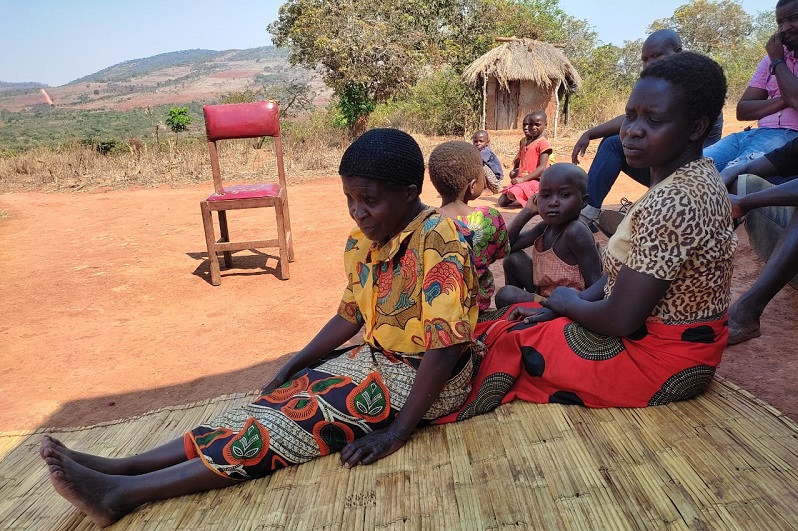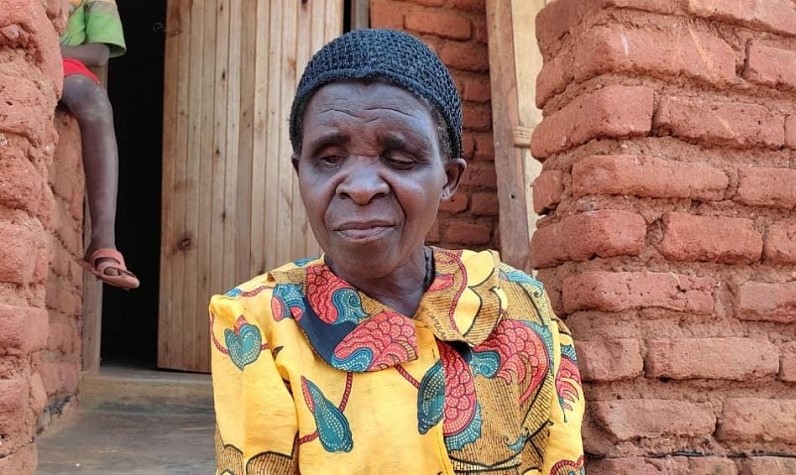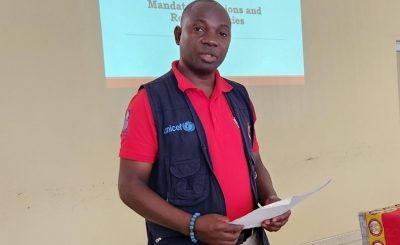Financial inclusion among people with various disabilities has been singled out as a progressive step towards graduating ultra-poor households into financial sustainability.
Ultra-poor graduation specialist at Financial Access for Rural Markets, Smallholders and Enterprises (FARMSE) O’Brien Mandala said this during a media tour aimed at appreciating the graduation progress in Mzimba District.
According to Mandala, since the inception of the project in 2019, there is an improvement as the project is meeting its indicators which are, among others, food security and nutrition enhancement intervention.
He added this progress extends to all people with various forms of disabilities who have also been reached out with financial assistance irrespective of their disabilities.
“As a programme we are saying that much as we are reducing poverty on the ground we are also looking at financial inclusion and this elaborates well that as a programme we are not excluding someone because of disability.
“So we are working with people with disability at the end of the day what we want is that these people should be financially included and we should at least uplift their livelihoods that at least at sustainable level,” said Mandala.
He however stressed that illiteracy is one of the challenges that the project facing on part of the beneficiaries.

Nyirongo sitting alongside her daughter-Photo/credit/Julius Caleone Mbewe.
On her part, one of the beneficiaries, a 57-year old visually impaired Flora Nyirongo from Kapaika Village, Traditional Authority Khosolo in Mzimba District said her livelihood has improved ever since she started accessing the financial assistance.
She said: “Ever since the commencement of this project and me being one of the beneficiaries I am witnessing improvement in my life as I am now able to support myself and the family financially.
I used the money to buy goats, fertiliser and some I am investing it in the village bank and my daughter is currently running a business using the same funds.
Concurring with Nyirongo, Reuben Jeka from the same district said he is now optimistic about his future having being trained in tailoring through the project.
Jeka has since appealed to fellow young people across the country to venture into entrepreneurship unlike waiting to be employed.
“I would like to encourage the youth that it’s possible to be financially independent through attaining various entrepreneurial skill, we don’t need to wait to be employed as there are scarcity of jobs out there,” said Jeka.
The K1.6 billion three-year project, which is targeting a total of 4220 ultra-poor households in Mzimba District, is being implemented by Save the Children in partnership with CRECCOM under the Pathways for Successful Transition (PAST) project to graduate ultra-poor households, especially women-headed and youth and transition and sustain them into resilient livelihoods.
The project uses a combination of approaches including Sustainable Livelihood Approach (SLA); Adolescent Skills for Successful Transition (ASST), Life Skills for Success (LS4S), and Positive Youth Development (PYD).
FARMSE is a seven-year nationwide development programme implemented by the Ministry of Finance from 2018 to 2025 with US$57.7 million joint funding from the International Fund for Agricultural Development (IFAD), the Government of Malawi and private sector participants.




